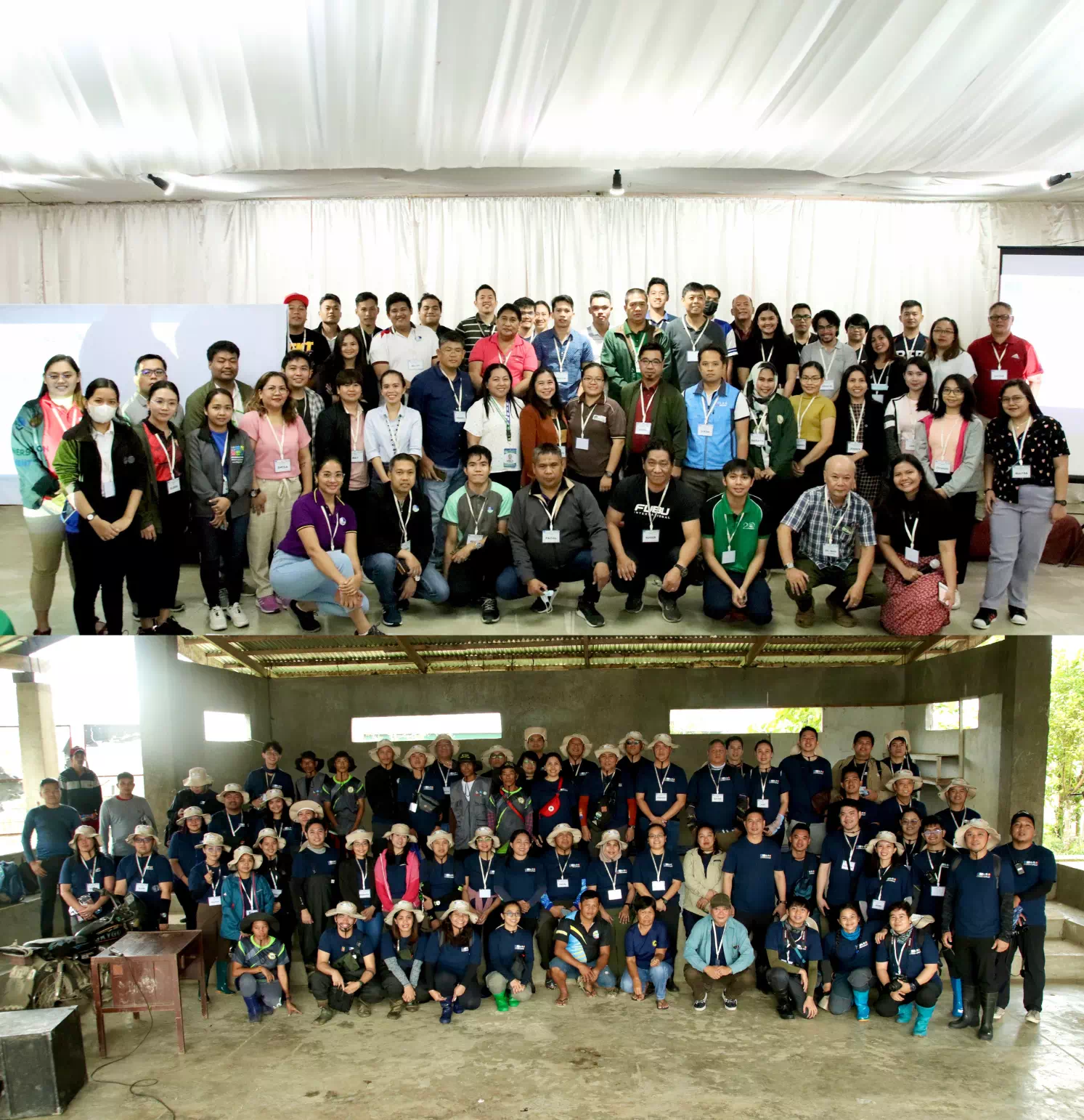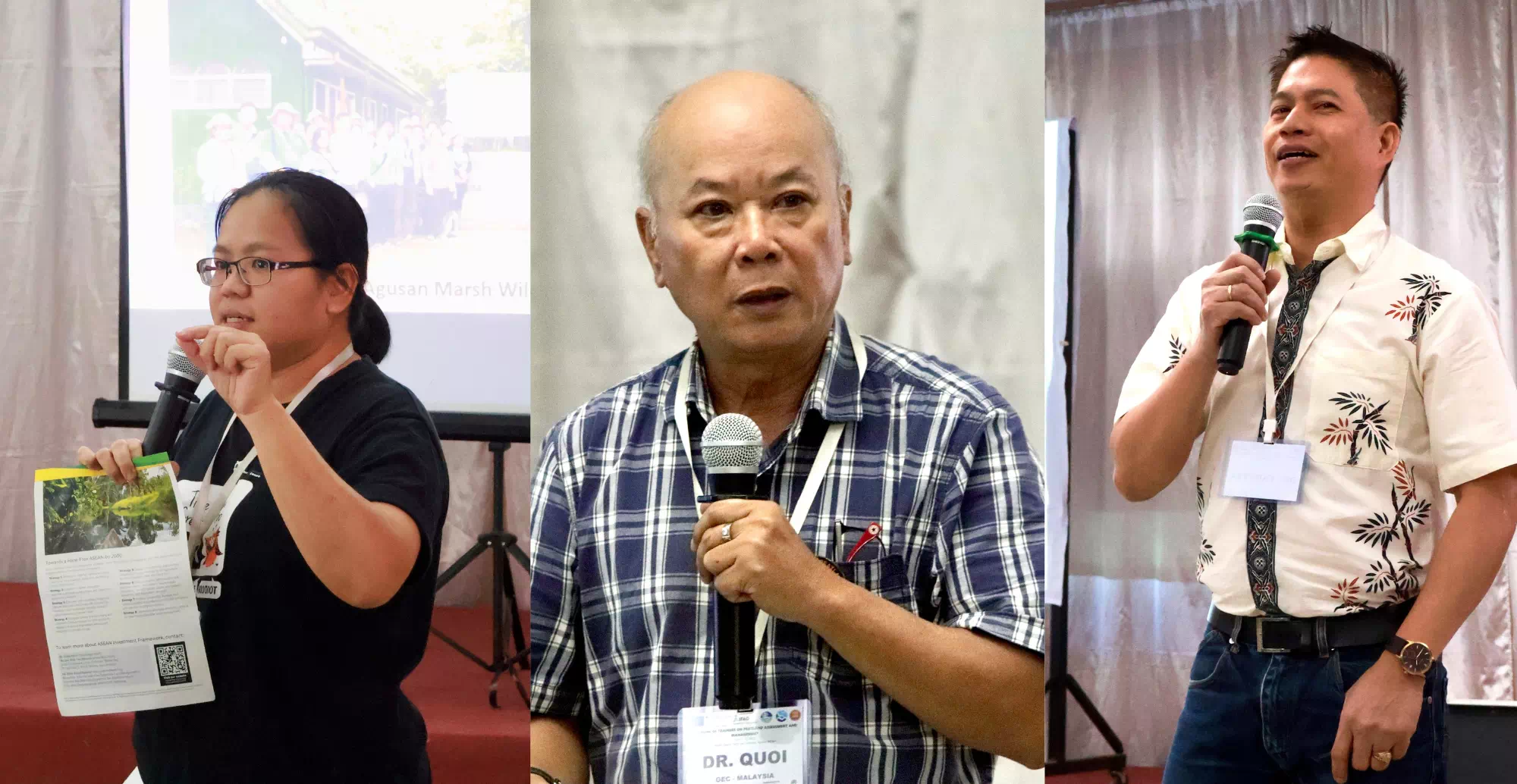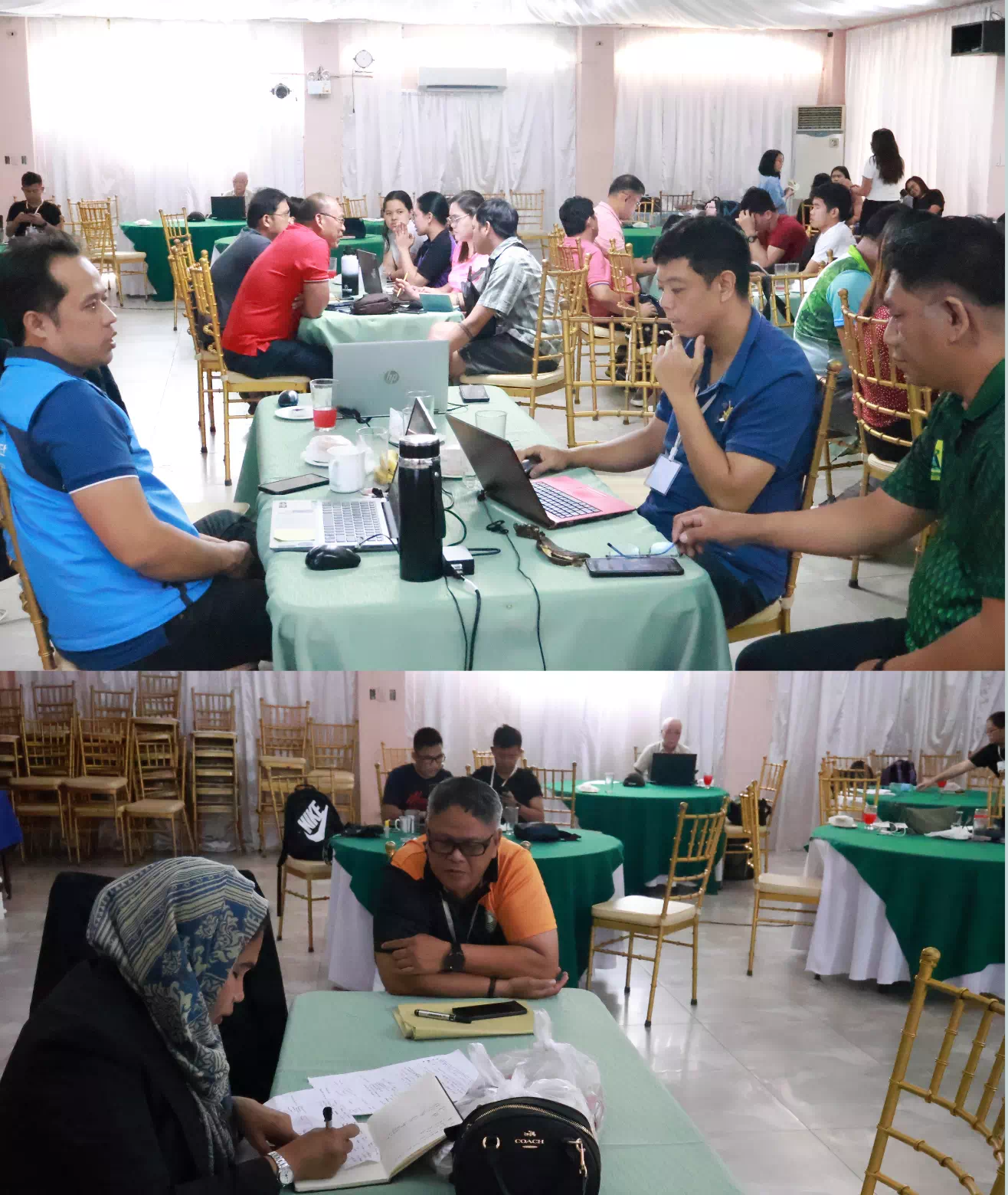
Agusan del Sur, Philippines – The Ensuring Sustainable Benefits from Peatland through Protection and Wise Use (ESBenePeat) Project in collaboration with the Measurable Action for Haze-Free Sustainable Land Management in Southeast Asia (MAHFSA) Component 1 conducted the Training of Trainers on Peatland Assessment and Management on 11-15 April 2023 in San Francisco, Agusan del Sur.
A total of 53 participants from various government agencies and academe such as Bureau of Soils and Water Management (BSWM), Bureau of Fire Protection (BFP), DOST-PAGASA, Ecosystems Research and Development Bureau (ERDB), Forest Management Bureau (FMB), DENR-Climate Change Service (CCS), National Water Resources Board (NWRB), Biodiversity Management Bureau (BMB), DENR Regions CAR, 2, 4A, 7, 8, 12, and 13, BARMM-Ministry of Environment, Natural Resources and Energy (MENRE), CARAGA State University, and University of the Philippines Los Baños (UPLB) actively participated in this five-day training.
The training aimed to establish a core group of technical personnel to build institutional capacity on peatland conservation and management at the national and local levels and to develop skills of future trainers from relevant agencies and stakeholders on peatland assessment and management through series of lectures and hands-on training from the experts from MAHFSA through the Global Environment Centre-Malaysia and from Bulacan State University.

The lectures include discussion on the basic concepts of peat and peatland and its importance, identification of solutions to site-specific and common peatland management challenges, peatland assessment and mapping, botanical assessment on peatland, and peatland in relation to climate change.

The participants gained field experience on peatland confirmation and botanical assessment in two sites – Caimpugan Peatland which is a confirmed peatland and San Andres which is a probable peatland.

The training also served as a venue for sharing of knowledge, learnings, and experiences in peatland assessment and management, resulting in collaboration among the agencies/institutions in the development of initial action plans in relation to their respective work assignments. At the end of the training, the participants were encouraged to further strengthen efforts to conserve and sustainably manage our peatlands. They were also encouraged to share the knowledge that they have gained to their colleagues upon their return to their respective offices for continuous transfer of knowledge on peatland assessment and management.



